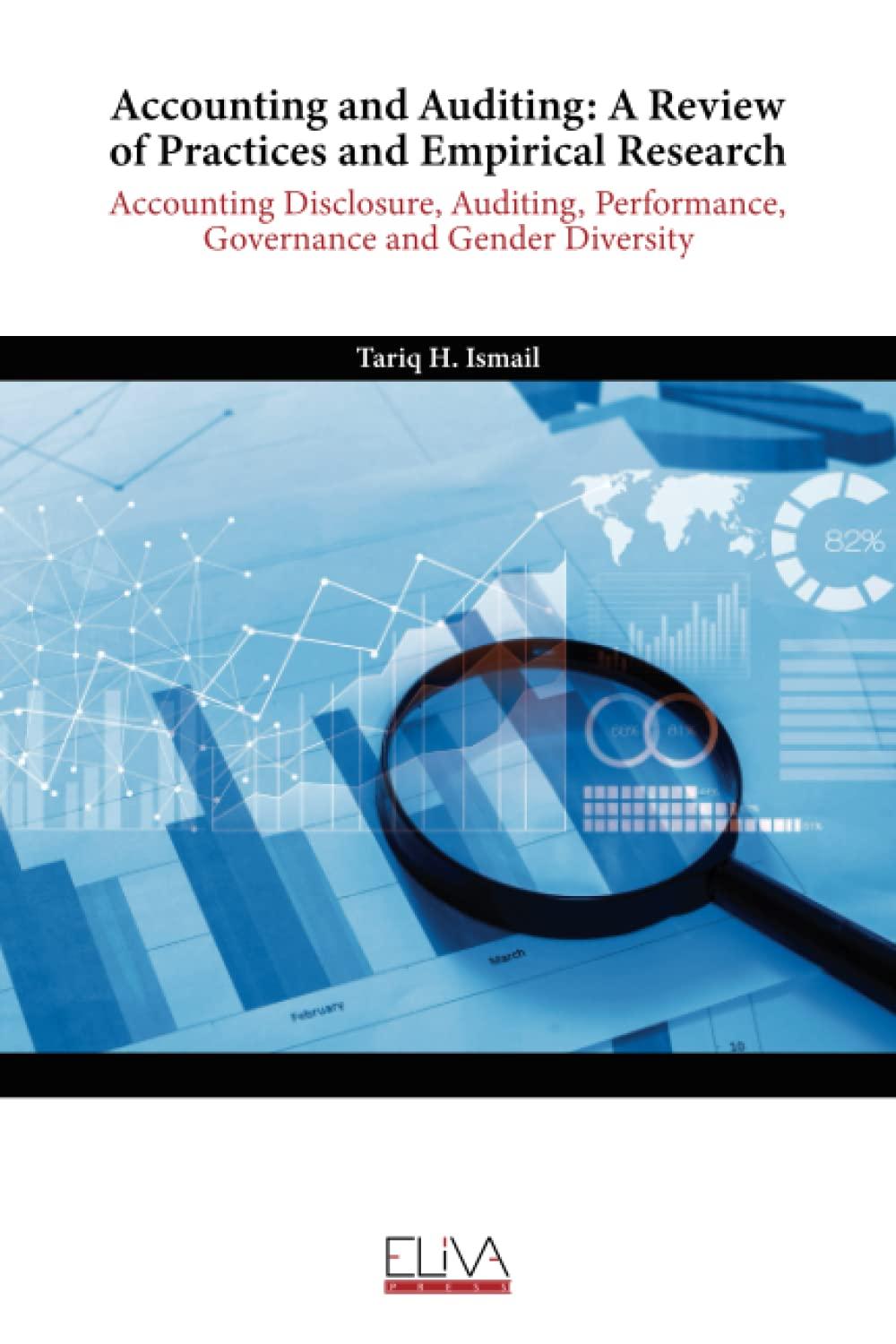Ben Williams just graduated with a B.S. in engineering and landed a new job with a starting annual salary of $60,000. There are a number of things that he would like to do with his newfound "wealth." For starters, he needs to begin repaying his student loans (totaling $20,000) and he'd like to reduce some outstanding balances on credit cards (totaling $5,000). Ben also needs to purchase a car to get to work and would like to put money aside to purchase a condo in the future. Last, but not least, he wants to put some money aside for his eventual retirement. Our recent graduate needs to do some financial planning for which he has selected a 10-year time frame. At the end of 10 years, he'd like to have paid off his current student loan and credit card debt, as well as have accumulated $50,000 for a down payment on a condo. If possible, Ben would like to put aside 10% of his take home salary for retirement. He has gathered the following information to assist him in his planning. The stated problem data are current as of 2021. Student loans are typically repaid in equal monthly installments over a period of 10 years. The interest rate on Ben's loan is 7% compounded monthly. Credit cards vary greatly in the interest rate charged. Typical APR rates are close to 17%, and monthly minimum payments are usually computed using a 10-year repayment period. The interest rate on Ben's credit card is 18% compounded monthly. Car loans are usually repaid over three, four, or five years. The APR on a car loan can be as low as 2.9% (if the timing is right) or as high as 12%. As a first-time car buyer, Ben can secure a $15,000 car loan at 3% compounded monthly to be repaid over 60 months. A 30-year, fixed rate mortgage is A) As Ben's friend and the one who took Engineering Economy), you have been asked to review his financial plans. How reasonable are his goals? (40 pts) B) After Ben's car is paid off, he plans to continue setting aside the amount of his car payment to accumulate funds for the car's replacement. If he invests this amount at a rate of 3% compounded monthly, how much will he have saved by the end of the initial 10- year period? (20 pts) C) Ben has planned to have $50,000 at the end of 10 years to place a down payment on a condo. Property taxes and insurance can be as much as 30% of the monthly principal and interest payment (i.e., for a principal and interest payment of $1,000, taxes and insurance would be an additional $300). What is the maximum purchase price he can afford if he'd like to keep his housing costs at $1,000 per month? (20 pts) D) If Ben is more daring with his retirement investment savings and feels he can average 10% per year, how much will he have accumulated for retirement at the end of the 10- year period? (20 pts)








